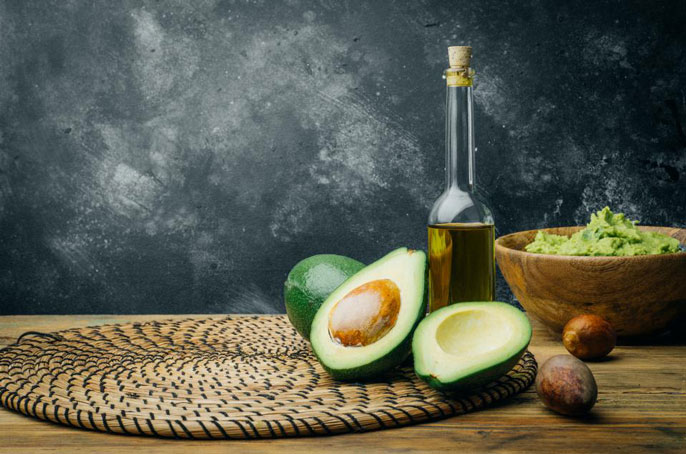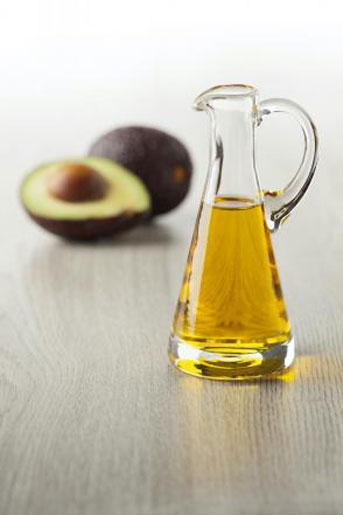Be Aware: Avocado Oil Fraud
"I was surprised some of the samples didn't contain any avocado oil."
"Most people who buy avocado oil are interested in the health benefits, as well as the mild, fresh flavour, and are willing to pay more for the product. But because there are no standards to determine if an avocado oil is of the quality and purity advertised, no one is regulating false or misleading labels."
"These findings highlight the urgent need for standards to protect consumers and establish a level playing field to support the continuing growth of the avocado oil industry."
"When you go to the store, you're buying [based on] what's on the label. Consumers should be able to trust that labelling and get the product that is reflected on the label."
Selina Wang, food sciences professor, University of California, Davis
 |
The Canadian Food Inspection Agency has given permission to manufacturers of avocado oil to advertise it with the values of "unsaturated fat and blood cholesterol lowering" properties. In the matter of the outcome of the study conducted at the University of California's discovery that "the vast majority" of avocado oils sold in the United States not living up to the labelling, the issue becomes one not only of food fraud and selling a product purporting to have defined health properties when it does not, but the additional issue of food safety arises as well.
Originally used in the manufacture of cosmetics, avocado oil has expanded notably in the marketplace to become a culinary product of quality. Scientific evidence attests to the product's many health benefits including improved heart health, fewer arthritic symptoms, and prevention of gum disease among other promises. Unfortunately, a new study has come to the discovery that "the vast majority" of avocado oils available for sale in the United States fail to match their specifications.
The study reports that 82 percent of commercially available avocado oils had not even reached their best-before dates before spoiling and becoming rancid. In other instances, the product had been adulterated to various degrees with a variety of less expensive fats. An analysis of 22 extra virgin, refined and virgin samples (domestic and imported) turned up 15 rancid bottles, with six having been diluted with other oils, among the 'other' -- safflower, soybean and sunflower oils.
 |
| Credit: Getty/UC Davis |
Despite being labelled avocado, three of the samples contained an altogether different oil and two only turned out to be "pure and nonoxidized", according to the researchers. Both of those pure, refined products had been produced in Mexico. Purchasing a product, placing trust in the labelling and coming home with an entirely different product could be problematical for people with allergies; say for example a peanut allergy, with someone ending up buying peanut oil labelled as avocado.
The Canadian Food Inspection Agency last year alerted Canadians to the presence of false olive oil products in the wake of an unusually poor European harvest. In yet another targeted investigation, the regulatory agency discovered that over a fifth of imported honey products had been adulterated with additional sugars. Leading food science experts to feel instances of food fraud to be on the increase in future, resulting from COVID-19-related disruption in supply chains.
The UC Davis researchers had some sensible advice for consumers; to sniff a bottle of avocado oil for a Play-Doh-like odour, as a sign of oxidation. Like olive oil, avocado oil loses flavour and health benefits once exposed to air, heat or light and should always be stored in a cool, dark cupboard. The flavour and aroma of avocado oil can vary from region to region. "In general, authentic, fresh, virgin avocado oil tastes grassy, buttery and a little bit like mushrooms", the researchers advised.
 |
| Just two samples were “pure and nonoxidized,” the researchers said — both of which were refined products made in Mexico, Chosen Foods and Marianne’s Avocado Oil. |
Labels: Food Adulteration, Food Labelling, Food Spoilage, Study

0 Comments:
Post a Comment
<< Home